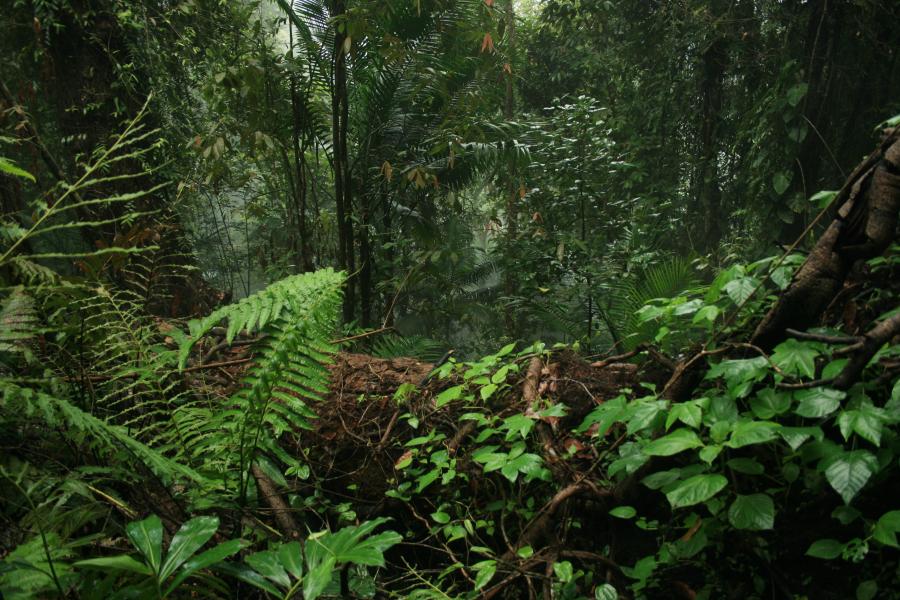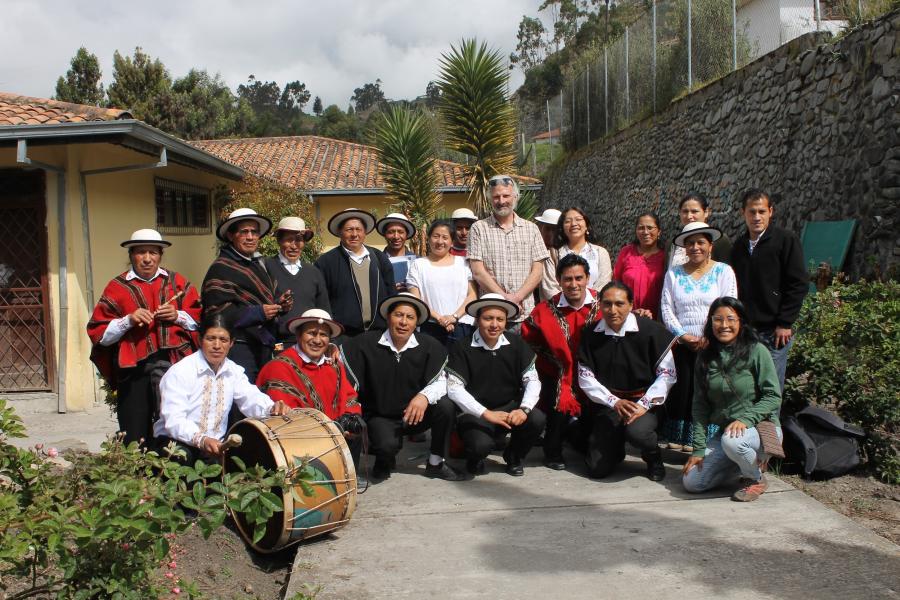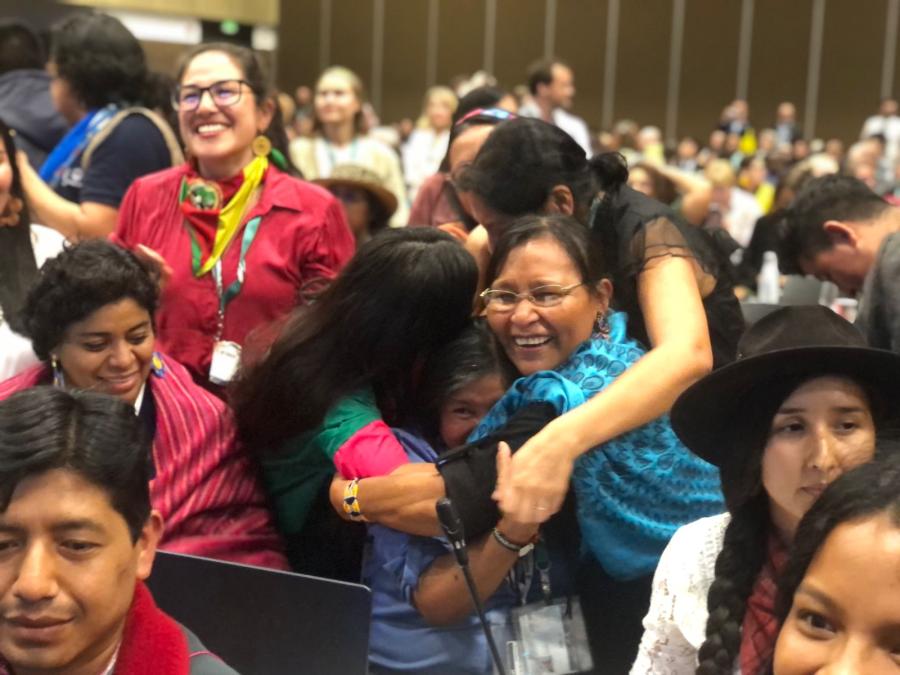Assistance to indigenous minorities of the world is complicated by the inability of tribal people to represent themselves at international forums, gain access to the press and cope with the bureaucratic environment which international support and funding entail. Typically, one or more of the most "Westernized" tribal members, and frequently even non-tribal members, become professional advocates, while those best able to speak on behalf of indigenous people's genuine concerns remain invisible.
Who speaks for the world's indigenous and tribal peoples? Four percent of the world's population are tribal people, and they are among the most impoverished of the world's citizens. Most of these peoples face destruction by the material interests of whatever first-, second- or third-world nation claims their homelands. Yet these peoples are the least capable of making the seriousness of their predicaments known to the world. Living in remote areas - usually too ice-laden, mountainous, tropical or barren to have been desired by others - these people have no access to the world press or communications media, international councils or centers of international economic and political power.
Most tribal people are unaware that instruments of self-defense exist that they can use, e.g. United Nations, news media and international charitable organizations. Rooted in their homelands, they have found it expensive and difficult, if not unbearable, to visit the country's capital, let alone major urban centers of Europe or North America. In some nations, they are not allowed to travel abroad. In short, they are the most invisible people in the world.
Those in the world who are sympathetic with the crisis these peoples face are eager to secure more information about them, to meet with representatives and to hear their stories. But, information is difficult to come by. Short of traveling to these regions and interviewing the people in their own language, the accuracy of information is suspect. Official reports on the status of these peoples by states are laughable; and many international organizations - administered by states whose futures are seen to rest on or beneath the lands of indigenous peoples - are reluctant to criticize a fellow state's shortcomings for fear of the precedents that will be established. Reports of church or humanitarian organizations are often influenced more by the political pressures of urban activists than by those remote indigines who are often not even aware of the organizations' existence. Few journalists report on such matters, in part, because the demise of the tribal peoples - while often rapid - is not rapid enough to be newsworthy.
As a result, much of the information about indigenous peoples comes from anthropologists who have lived among these peoples or from acculturated former members or "distant relatives" of the peoples involved. Anthropologists, however, have shown an inconsistent interest in the political affairs of the people they have studied, giving priority, instead, to research and career interests. Anxious to make contact with indigenous peoples, international organizations in North America and Europe open their doors and often their coffers to self-proclaimed representatives who come to speak on behalf of one or another group.
There is little guarantee that these "representatives" represent any specific people. It is a sad fact that while many indigenous people are skilled politicians in their own communities, they do not have the skills to lobby in contemporary international circles. Usually, those who have such skills have left their tribal lives behind. They now act as political organizers in a Western mode, frequently making careers out of their ability to solicit support from sympathetic groups. In Brazil, Indians able to get money to organize have been those who could speak Portuguese and operate within the national political culture. The result has been that the more isolated an Indian group was from the national culture, the less likely it was to receive assistance. This "Catch-22" is being repeated today on an international scale.
For the first time there are a number of international organizations operating with the specific aim to assisting indigenous peoples. Many of these organizations, as well as other humanitarian groups, find their contacts among persons who have been reared as urban minorities and whose links with the traditional culture are hardly any closer than the officers of the international organizations themselves. These "representatives" hold values which are more European than indigenous and live a lifestyle closer to the street-wise pacesetter or international jet-setter than to those whose tribal identity is not a matter of occasional choice but of inheritance.
The critical question that these sympathetic support groups and international organizations must resolve is how do they guarantee access to the legitimate representatives of threatened peoples? How do they ensure that the "genuine" voice of indigenous people is not drowned out by the familiar litanies of those who have become professional spokesmen for people who would reject them if they were ever to take the unlikely step of established homes in indigenous communities?
A case can be made, of course, for the efforts of outside activists. However, the words, concerns and strategies of people who are actually tribal or traditional themselves might be more appropriate as the basis for action. By all reports, the response of the UN Subcommission on Human Rights to genuine representatives of an Aboriginal group in Western Australia and, later, the Coordinadora group of the Amazon, was electric. Legitimate representatives of indigenous peoples exist in the world. It is the challenge for organizations sympathetic to these peoples' plight to convey the legitimate voices of the world's tribal peoples to international outlets.
At a critical time in the struggle for the survival of many indigenous people, international organizations must take care not to be submerged by urban spokespeople who are no more indigenous than any other urban citizens of the first-, second- or third-world nation in which the threatened people live. These "spokespeople" may have legitimate grievances and a right to be heard in their own right, but not as proxies for specific indigenous peoples.
Article copyright Cultural Survival, Inc.



